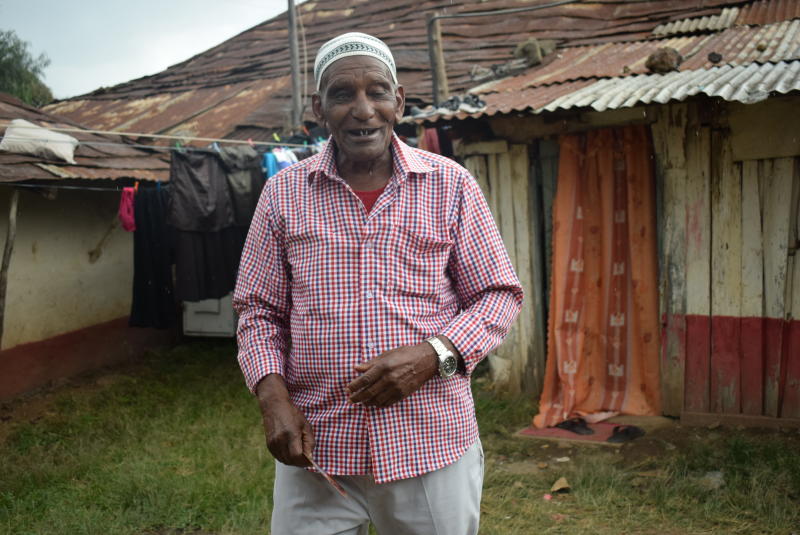×
The Standard e-Paper
Home To Bold Columnists

Aged dwellers of a slum in Nanyuki town that gave refuge to the nation’s founding father Jomo Kenyatta have bitter memories.
The slum located on the outskirts of Nanyuki town is said to have been used by Mau Mau fighters and was a place where strategies for formation of the Kenya African Union (KAU) were laid.